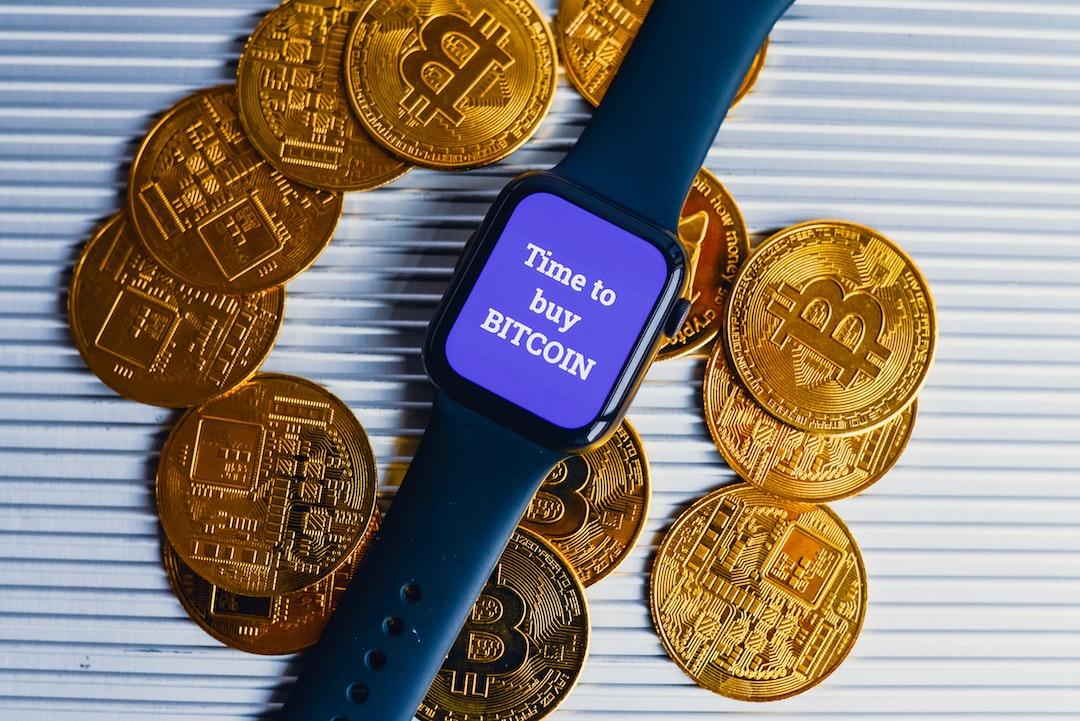Brazil has launched a revolutionary blockchain-based national ID program that aims to transform the lives of over 214 million citizens. This initiative will revolutionize identity verification and streamline administrative processes across the country. The program is based on blockchain technology, which provides security and decentralization. Rio de Janeiro, Goiás, and Paraná are set to become pioneers in issuing blockchain-based identification documents. The use of blockchain ensures the immutability and decentralization of data, providing an unprecedented level of security for personal information. Brazil’s objectives for this program include combating organized crime, promoting collaboration across government sectors, and simplifying access to various services for citizens.
Brazil’s move towards blockchain-based digital IDs aligns with a growing trend in South America. Argentina recently introduced a similar initiative, while Brazil aims to unify the issuance of identity documents across its states. Brazil is also making strides in digital finance with the Drex Digital Currency project. The central bank’s digital currency, Drex, aims to expand access to capital through tokenization and improve cross-border transactions using blockchain technology. However, there are concerns about central authority control over Drex, highlighting the need for careful governance and transparency.
The launch of Brazil’s blockchain-based digital identity program signifies a significant milestone in the country’s technological evolution. It showcases the potential of blockchain in shaping the future of identity verification and digital finance in South America. As the program expands, it will serve as a model for other nations looking to leverage blockchain technology for similar purposes.





 By
By
 By
By
 By
By
 By
By
 By
By